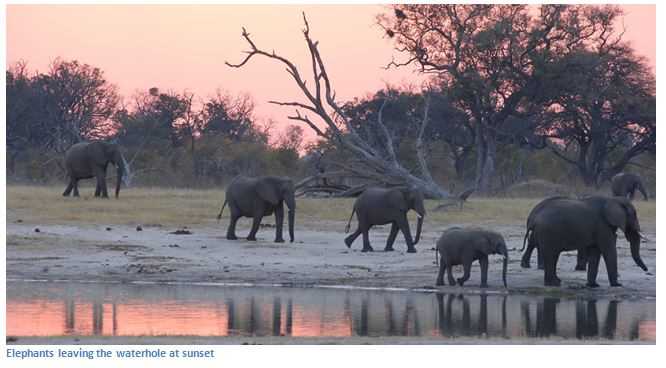
Zim Now Writer
The completion of the Makona Rangers Camp in Hwange National Park is expected to reduce poaching activities and help mitigate against high incidences of human-wildlife conflict in and around one of the country’s main tourist attractions.
The camp was built under a US$5 million facility agreed between the International Fund for Animal Welfare and the Zimbabwe Parks and Wildlife Management Authority to undertake various animal conservation projects over five years.
IFAW has since disbursed US$3 million.
The development of the camp entailed construction of administration offices and eight houses for 16 rangers and their families.
Makona Camp, which is located about 95km south-west of the Hwange Main Camp, will manage 4 500 square kilometres of the game park.
The substation will also safeguard local communities from human-wildlife conflict through facilitating swift response from animal rangers.
Related Stories
Speaking during launch of the camp recently, Environment, Climate, Tourism and Hospitality Industry Deputy Minister Barbara Rwodzi said: “We are more than grateful to have IFAW as a partner. What I have seen here is not what I really expected. It is overwhelming to know that we can actually have an international partner who can assist with such a development.”
Zimparks director-general Felton Mangwanya noted: “The wildlife industry contributes significantly towards economic development, hence maximum efforts towards wildlife conservation goes a long way in contributing towards socio-economic development in Zimbabwe.
“Most importantly, our partners have also rendered support to improve the welfare of our rangers, who continue to tirelessly safeguard this precious resource.
“Ultimately, adequate protection of major ecosystems, key species and their habitats will yield an accrual of benefits to the people coexisting with wildlife and to the nation at large.”
IFAW vice president (global programmes and institutional giving) Dr Jimmel Mandima said the organisation was committed to working with Zimbabwe.
“As an organisation, we strongly believe that the planet is left with a few places that have healthy ecosystems, and Zimbabwe is one such country,” said Dr Mandima.
“We also acknowledge that most countries that are vested with global heritage have limited resources.
“So, our interest is to ensure that wildlife populations will thrive in perpetuity for future generation, hence the need to address people and wildlife issues.”










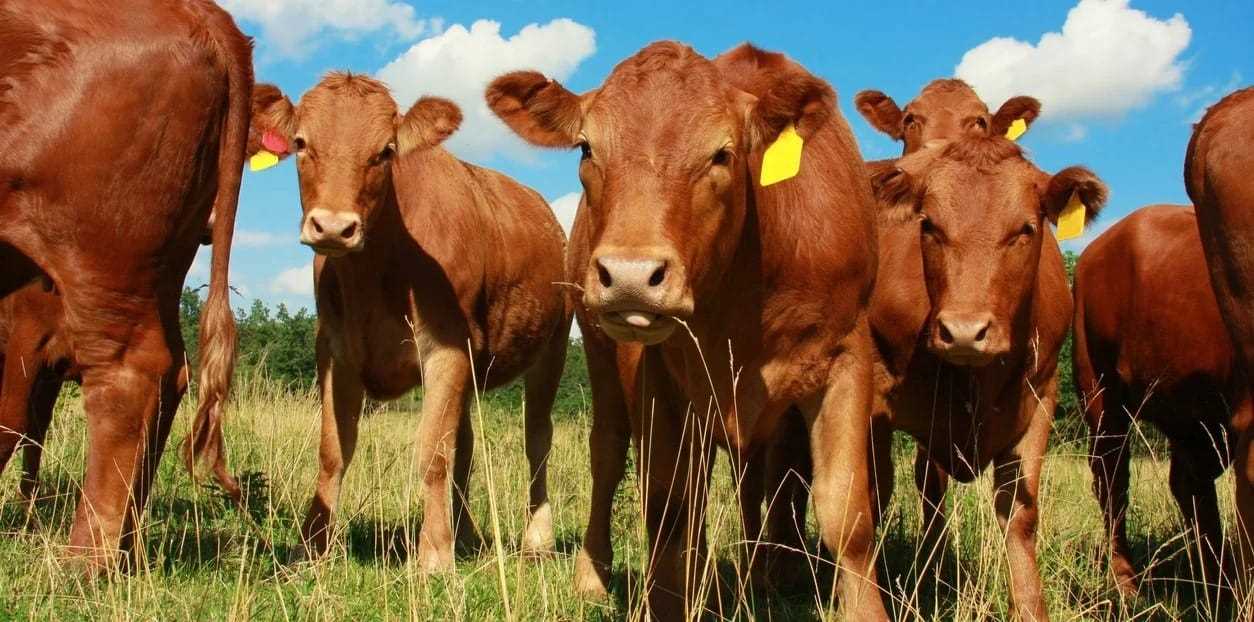
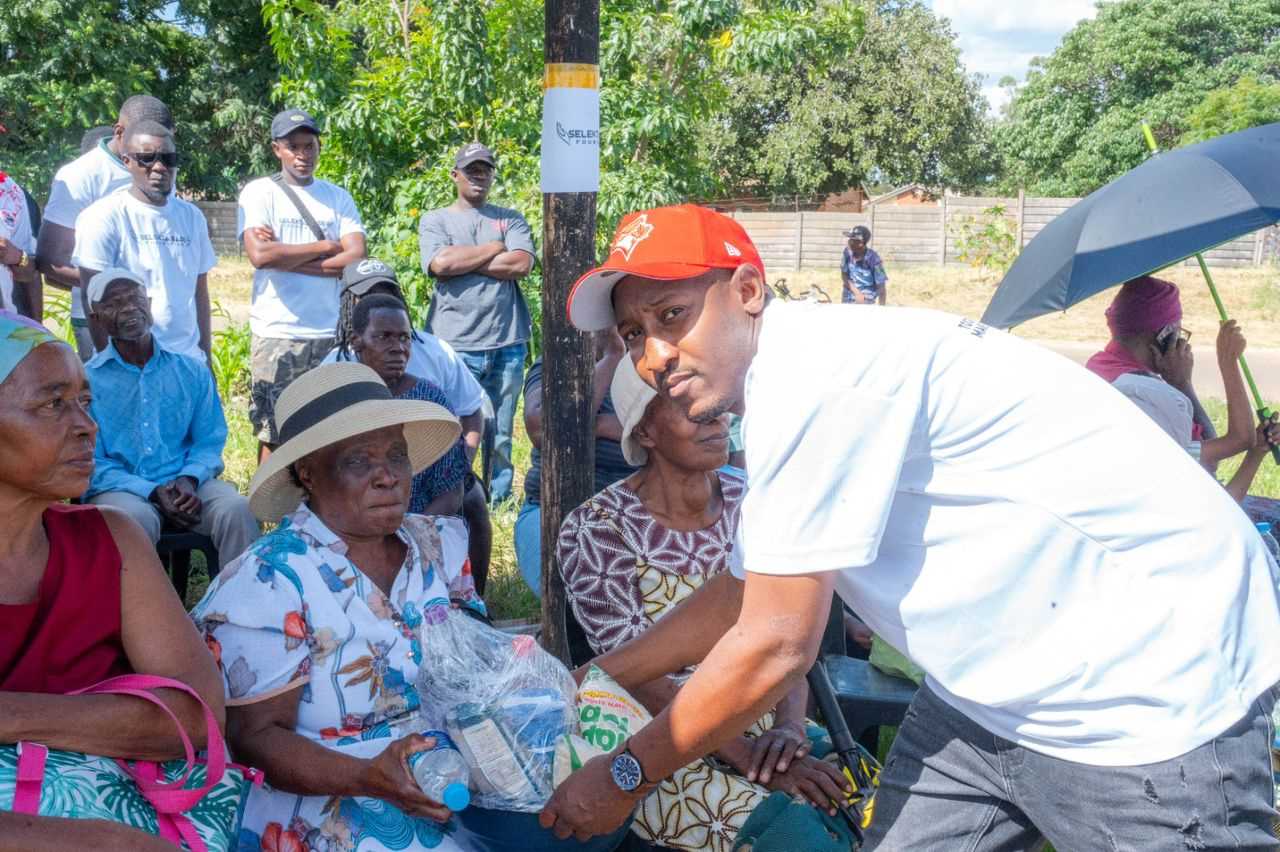
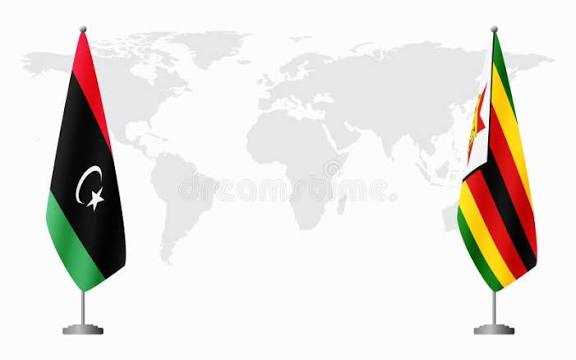

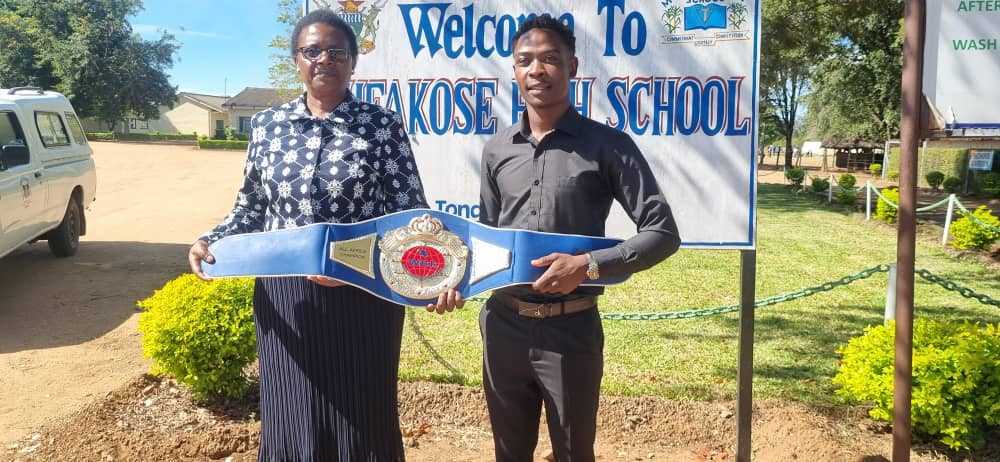





Leave Comments